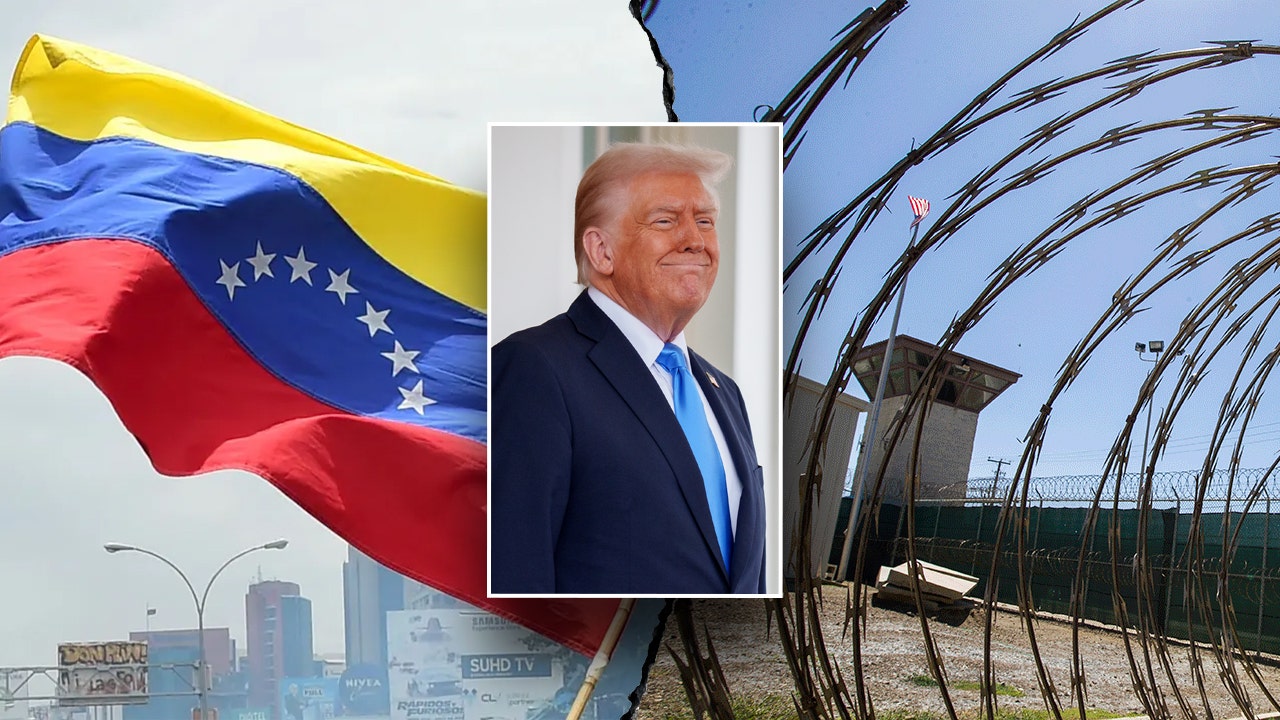Politics
Trump performs jiujitsu flip on judge’s order, sends Guantánamo rejects back to Venezuela

The Deportation of Venezuelan Migrants: A Case of Swift Action
In a significant move, the Trump administration recently deported three Venezuelan migrants back to their homeland. This action followed a legal intervention by U.S. District Judge Kenneth J. Gonzales, who blocked their transfer to Guantanamo Bay. The migrants were deported on February 10, 2025, leading Judge Gonzales to vacate a scheduled status conference. This incident underscores the administration’s firm stance on illegal immigration, prioritizing swift deportation over other measures.
The Trump Administration’s Immigration Crackdown: A Broader Context
The deportation of the Venezuelan migrants is part of a larger strategy by the Trump administration to tackle illegal immigration. With plans to deport millions, the administration has been actively pursuing enforcement actions, including arrests and detentions. This approach reflects a commitment to stricter immigration control, aiming to address the presence of over 11 million undocumented individuals in the U.S.
Controversy Over Guantanamo Transfers: A Contentious Issue
The attempted transfer of migrants to Guantanamo Bay sparked controversy, with immigration advocates disputing the administration’s claims that the migrants were dangerous criminals. Lawyers argued that the migrants were targeted based on false connections to a criminal gang, highlighting concerns about due process and the use of the detention center for immigration purposes.
The Role of the Courts in Immigration Policy: A Check on Executive Action
The judiciary has played a crucial role in shaping immigration policy, as seen in Judge Gonzales’s decision. Courts have increasingly intervened to check executive actions, ensuring that deportations and detentions adhere to legal standards. This case illustrates the ongoing legal battles between the administration and advocacy groups over immigration practices.
Financial Burden on Taxpayers: Healthcare Costs for Illegal Immigrants
The financial implications of illegal immigration, particularly in blue states, have become a pressing concern. Rising healthcare costs for undocumented immigrants have raised questions about the economic sustainability of current policies. This issue adds another-layered challenge to the already complex immigration debate.
New Legislation and Its Implications: The Laken Riley Act
President Trump’s signing of the Laken Riley Act marks a significant shift in immigration enforcement. The bipartisan law grants broader authority to deport illegal immigrants accused of crimes, signaling a tougher stance. This legislation’s impact is expected to be far-reaching, influencing both future deportations and legal challenges.
In conclusion, the deportation of Venezuelan migrants, the broader crackdown on illegal immigration, and the enactment of new laws reflect a multifaceted approach to immigration control. While the administration prioritizes enforcement, legal and financial challenges persist, shaping the ongoing debate over immigration policies in the U.S.


















